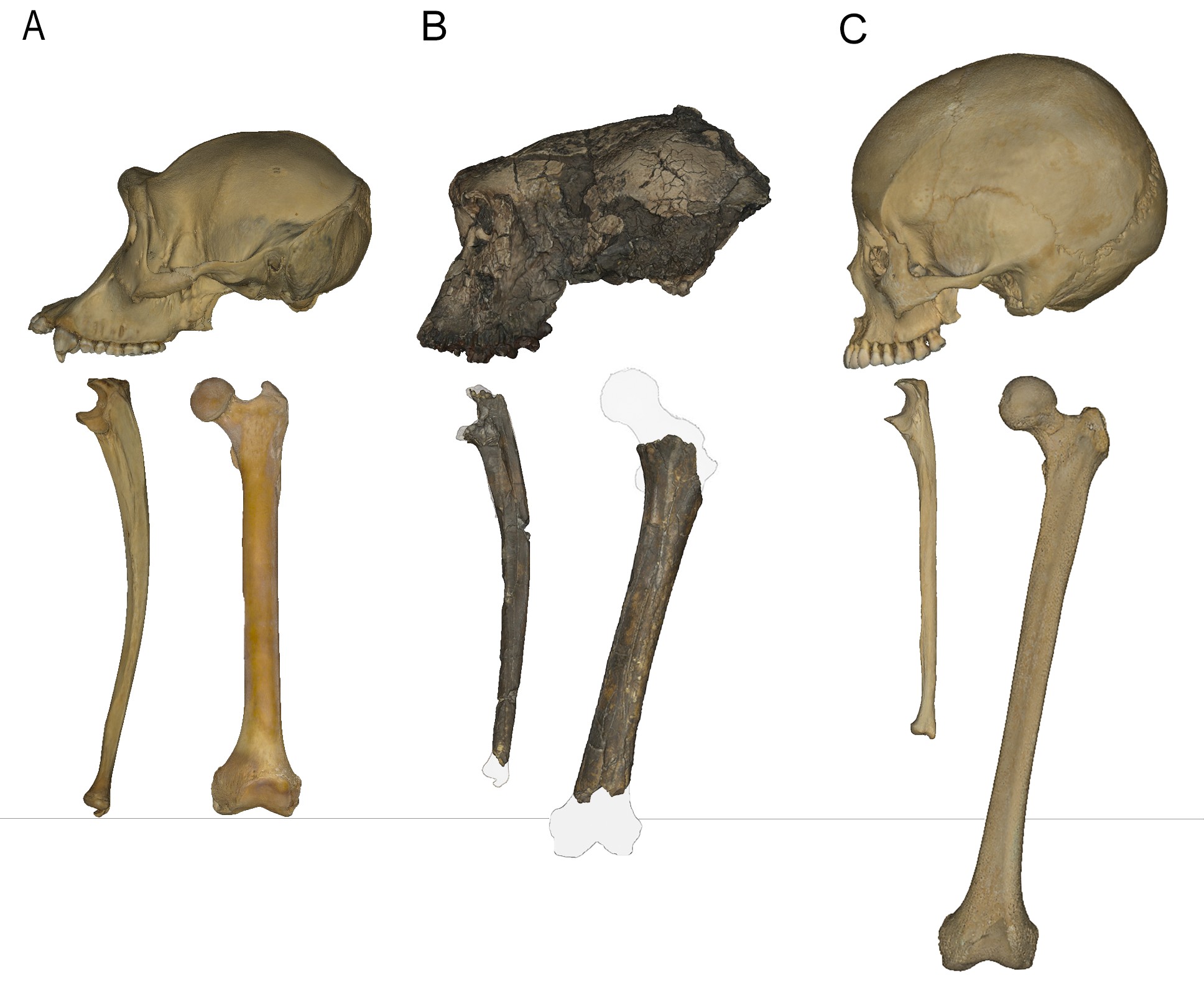A more sustainable and less toxic form of paper used in tickets is being developed using wood derivatives
Thermal paper, designed for use with heat-sensitive inks and widely used for printing receipts, contains potentially toxic substances such as bisphenol A and S. Both are considered endocrine disruptors, as they have the ability to interfere with hormones. A new study published in Science Advances reveals a more sustainable and less toxic alternative based on wood derivatives. Specifically, they have surpassed bisphenol thermal coatings thanks to the plant derivatives lignin and D-xylose sugar derived from xylan (DFX).








